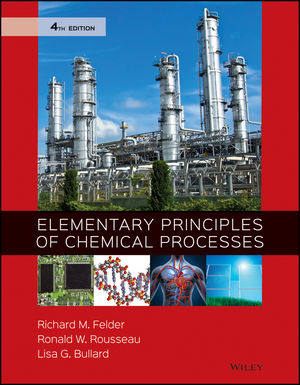
Elementary Principles of Chemical Processes, 4th Edition
By Richard M. Felder, Ronald W. Rosseau, and Lisa G. Bullard
Elementary Principles of Chemical Processes prepares students to formulate and solve material and energy balances in chemical process systems and lays the foundation for subsequent courses in chemical engineering. Now presented in the new WileyPLUS platform, this course has been updated to reflect the broadened scope of chemical engineering practice to include biomedical, biochemical, biomolecular, environmental, energy, materials, and safety applications. The new WileyPLUS gives you the freedom and flexibility to tailor content with our Reserve Problems, additional problem sets only available once assigned, so you can easily manage your course to keep students engaged and on track.
Schedule a Demo Request Instructor AccountWant to learn more about WileyPLUS? Click Here
Introductory videos for all chapters.
Introductory videos begin each chapter, highlighting important chapter content, and explain how the chapter fits in with the rest of the text.
Demonstration Videos
Demonstration video experiments are included to illustrate key course concepts.
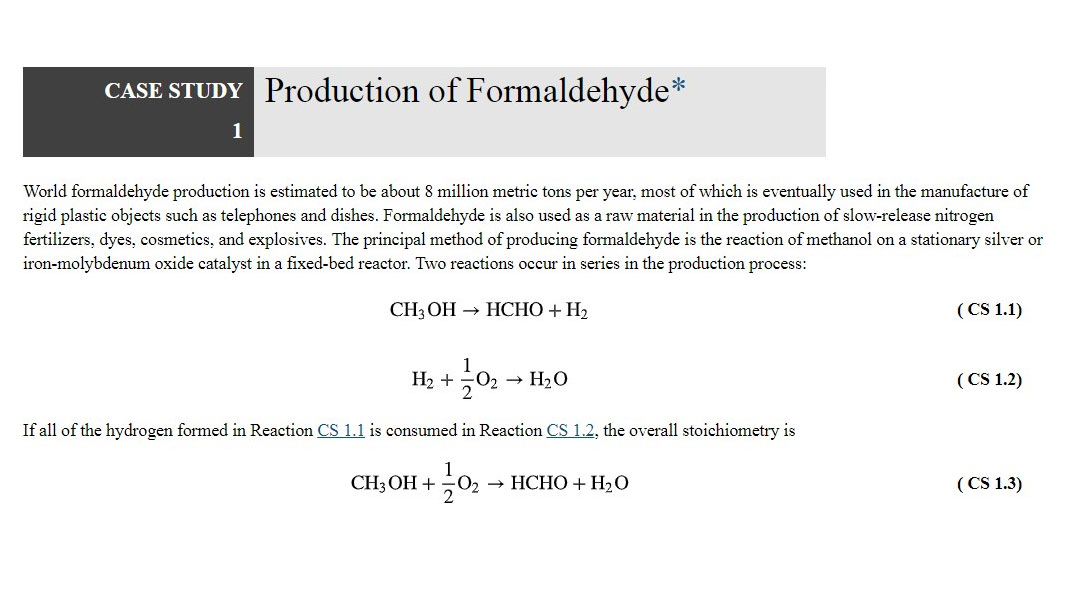
Library of case studies.
Nine case studies demonstrate the role of calculations illustrated in Chapters 2-9 in the analysis of authentic industrial processes. The case studies are designed to be worked on as term projects by individuals or small teams of students.
What’s New
- Updated Text: The text now reflects the broadened scope of chemical engineering practice, including biomedical, biochemical, biomolecular, environmental, energy, materials, and safety applications.
- New and Revised End-of-Chapter Problems: There are approximately 350 new and revised end-of-chapter problems, many featuring new application areas such as environment, bioengineering, alternative energy, and materials.
- Index of Selected Applications in Problems: This index helps instructors target problem applications for homework or in-class examples.
- Notes with Gaps: Instructors can give Notes with Gaps, a detailed course pack for Chapters 2-9, to their students before lecture so they can fill in the gaps during class or lecture. This is an excellent tool for new instructors as well as instructors seeking to apply active learning approaches.
- APEx Excel® Add-In: This eliminates much of the drudgery of routine calculations that require large amounts of time and have little instructional value.
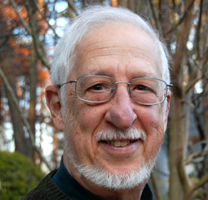
Richard M. Felder is Hoechst Celanese Professor Emeritus of Chemical Engineering at North Carolina State University. He received his B.Ch.E. degree from the City College of New York in 1962 and his Ph.D. in chemical engineering from Princeton University in 1966. He worked for the Atomic Energy Research Establishment (Harwell, England) and Brookhaven National Laboratory before joining the North Carolina State faculty in 1969. He is coauthor of Teaching and Learning STEM: A Practical Guide (Jossey-Bass, 2016), and he has authored or coauthored over 300 papers on chemical process engineering and engineering education and presented hundreds of invited talks, workshops, and short courses in both categories at conferences and to industrial and research institutions and universities throughout the United States and abroad. His honors include the International Federation of Engineering Education Societies Global Award for Excellence in Engineering Education (2010, first recipient), the ASEE Lifetime Achievement Award in Engineering Education (2012, first recipient), the ASEE Chester F. Carlson Award for innovation in engineering education, and the AIChE Warren K. Lewis Award for contributions to Chemical Engineering Education. He is a Fellow of the American Society for Engineering Education, and holds honorary doctorates from the State University of New York and the University of Illinois.
Many of his education-related publications can be found here.
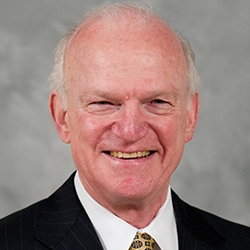
Ronald W. Rousseau holds the Cecil J. “Pete” Silas Chair in Chemical Engineering at the Georgia Institute of Technology, where he chaired the School of Chemical & Biomolecular Engineering from 1987 to 2014. He has B.S. and Ph.D. degrees in Chemical Engineering from Louisiana State University and a Docteur Honoris Causa from L’Institut National Polytechnique de Toulouse. An elected member of the LSU Engineering Hall of Distinction, he has served as executive editor of Chemical Engineering Science, topic editor for Crystal Growth and Design, consulting editor for the AIChE Journal, and associate editor of the Journal of Crystal Growth and editor of the Handbook of Separation Process Technology. His research in the field of separations has focused on crystal nucleation and growth, and applications of crystallization science and technology. From the American Institute of Chemical Engineers he received the AIChE Founders Award for outstanding contributions to the field of chemical engineering, the Warren K. Lewis Award for contributions to chemical engineering education, and the Clarence G. Gerhold Award for contributions to the field of chemical separations. The Chemical Engineering Division of ASEE presented him with a Lifetime Achievement Award, and the Council for Chemical Search selected him for the Mac Pruitt Award. He is a Fellow of both AIChE and the American Association for the Advancement of Science and has been a member of the AIChE Board of Directors and chair of the Council for Chemical Research.
More information on Ronald can be found here.
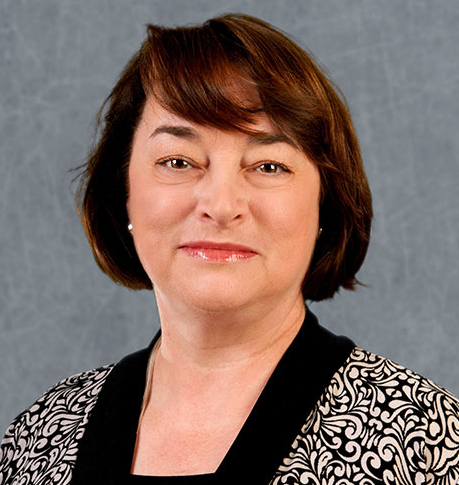
Lisa G. Bullard is an Alumni Distinguished Undergraduate Professor and Director of Undergraduate Studies in the Department of Chemical and Biomolecular Engineering at North Carolina State University. After obtaining her BS in Chemical Engineering at NC State in 1986 and her Ph.D. in Chemical Engineering from Carnegie Mellon University in 1991, she served in engineering and management positions within Eastman Chemical Company in Kingsport, TN from 1991–2000. A faculty member at NC State since 2000, Dr. Bullard has won numerous awards for both teaching and advising, including the ASEE Raymond W. Fahien Award, the John Wiley Premier Award for Engineering Education Courseware, NC State Faculty Advising Award, National Effective Teaching Institute Fellow, NC State Alumni Out-standing Teacher Award, George H. Blessis Outstanding Undergraduate Advisor Award, the ASEE Martin Award, and the ASEE Southeastern Section Mid-Career Teacher Award. She is a past Chair of the Chemical Engineering Division of ASEE, editor of the “Lifelong Learning” column for Chemical Engineering Education, and a member of the 2017 ASEE Chemical Engineering Summer School planning team. Her research interests lie in the area of educational scholarship, including teaching and advising effectiveness, academic integrity, process design instruction, organizational culture, and the integration of writing, speaking, and computing within the curriculum.
More information on Lisa can be found here.
- What Some Chemical Engineers Do for a Living
- Introduction to Engineering Calculations
- Processes and Process Variables
- Fundamentals of Material Balances
- Single-Phase Systems
- Multiphase Systems
- Energy and Energy Balances
- Balances on Nonreactive Processes
- Balances on Reactive Processes
- Balances on Transient Processes

